
A multidisciplinary team at Yale University School of Medicine have created a mouse model for vaginal Zika virus infection.

A multidisciplinary team at Yale University School of Medicine have created a mouse model for vaginal Zika virus infection.
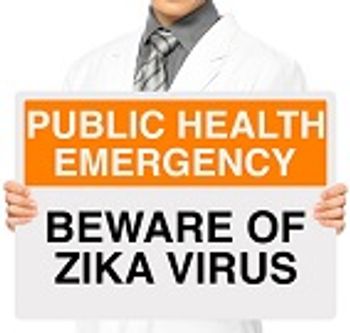
With 43 “local” cases of Zika virus infection now reported in Florida, and as far north as St. Petersburg, health officials in other Gulf states are ramping up responses in the event of potential outbreaks—even as there remains some disagreement as to the true nature of the threat of local transmission in the United States.
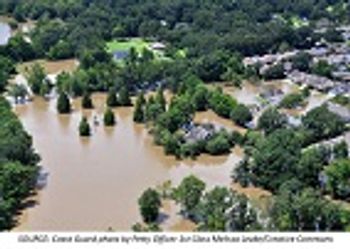
Public health experts are predicting that there will likely be localized cases of the virus in flood-ravaged Louisiana as well as in Texas before the end of the summer.
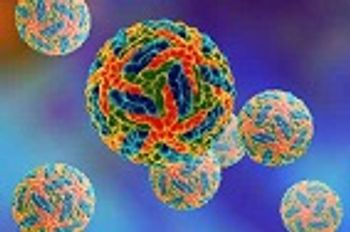
Researchers analyzed soluble forms of the B cell antigens CD27 and CD38 (sCD27 and sCD38, respectively) in the plasma of children with dengue and have suggested a role for these soluble forms as biomarkers of progression of the disease.
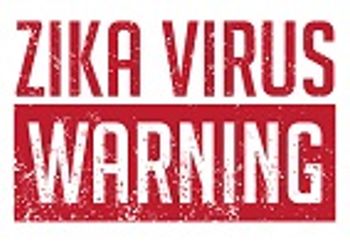
Reports of active transmission in a second area of Florida have been confirmed.

In the first research of its kind, an interdisciplinary group of scientists analyzed three Zika strains in second trimester fetal neural stem cells (fNSC) to identify which viral proteins cause congenital microcephaly. Since Zika causes significant neurological impairment, early diagnosis is imperative.
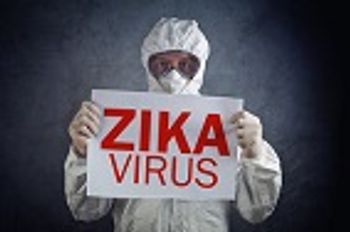
The El Paso resident is said to have contracted the infection while visiting Miami, Florida, where active Zika transmission has been confirmed
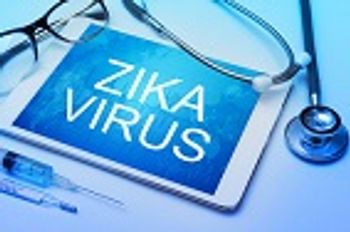
The US Department of Health and Human Services has declared a public health emergency in Puerto Rico, in response to tens of thousands of Zika diagnoses.
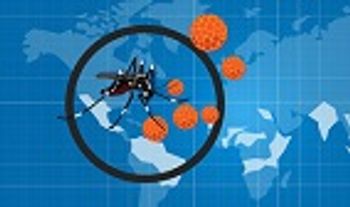
As the number of locally-acquired Zika cases rises in Florida, mathematicians are researching a new approach to control vector populations.
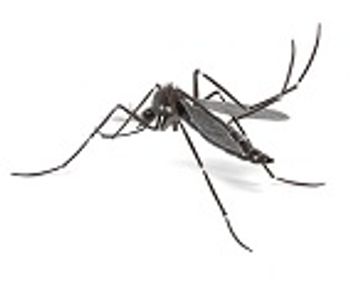
According to an update on the environmental review, the FDA considered thousands of comments from the public prior to publishing its final environmental assessment.
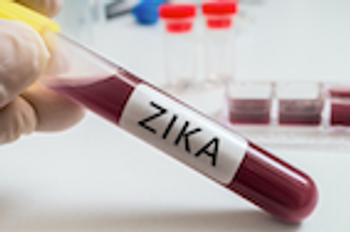
WRAIR announced that their Zika purified inactivated virus vaccine succesfully prevented infection in nonhuman primates.
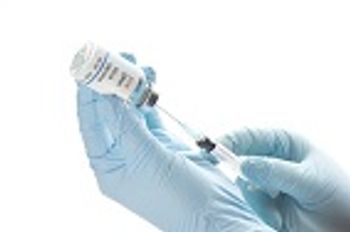
The approach used in the development of this vaccine was previously implemented by NIAID in a West Nile virus vaccine, which was found to be safe and effective in Phase I trials.
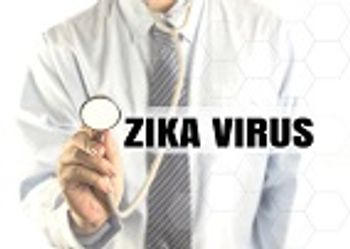
The rapid spread of Zika throughout Puerto Rico coupled with the introduction of active transmission in Florida has prompted the Centers for Disease Control and Prevention (CDC) to award millions in Zika funding to US states and territories.

The US Food and Drug Administration approved the VERSANT Zika RNA 1.0 Assay (kPCR) Kit for Emergency Use Authorization, as the number of locally transmitted Zika cases rose to 14.

The four previously reported non–travel-related cases of Zika infection have now been confirmed to be locally acquired in Miami-Dade county, Florida.

An international team of researchers has identified a potential role for certain monoclonal antibodies in developing a treatment for Zika virus.

In response to the growing outbreak, and the escalating need for a vaccine that can be used in infants, those who are immunocompromised, and other populations in whom currently available vaccines are not to be administered, the NIAID has entered a vaccine manufactured by Bavarian Nordic into Phase I trials.

After failed requests for funding and warnings of the inevitable, the Florida Department of Health is investigating what could be the first cases of active Zika Transmission in the United States.

Leptospirosis is an important zoonotic bacterial disease of worldwide public health importance. It affects humans, domestic animals, and wildlife and is caused by different Leptospira serovars.

A recent report describes a case of infectious aortitis and resultant mycotic abdominal aneurysm that arose as rare complications of exposure to Pasteurella multocida from a cat bite in a male patient.

Researchers in Guadeloupe, the French territory in the southern Caribbean Sea, have reported, for the first time, the presence of Zika infection in the genital tract of a woman with the virus.

Researchers from the University of California-San Francisco (UCSF) have provided a roadmap for how the Zika virus travels from the blood of an infected pregnant woman to her fetus, providing new clues to the process by which the disease leads to birth defects.

As a second case of non–travel-related Zika infection comes to light in Florida, researchers from Brazil discover another mosquito that they believe may be spreading the virus.
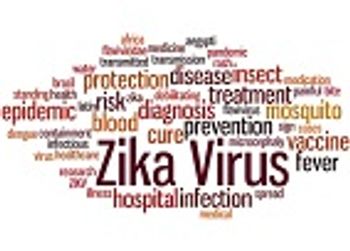
The Centers for Disease Control and Prevention (CDC) announced that it will be granting a total of $60 million, in addition to previously granted funds, to states, cities, and territories, to protect Americans from the virus.
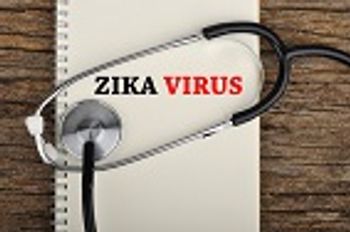
CDC Public Health Response Director Warns Lack of Funds Hampers Protection Efforts